Shatavari helps reduce mental stress and anxiety, stimulates hormones to increase libido in both men and women, and boosts vitality and stamina in men. While primarily used for female reproductive health, it also improves male health by treating issues like low sperm count, abnormal sperm shape, and low semen volume. Shatavari is highly beneficial for lactating women, stimulating breast milk production and nourishing the newborn, strengthening their immune system. It aids in post-childbirth recovery by reducing pain, fatigue, and weakness, while providing energy and nourishment to the new mom. This ancient Ayurvedic formulation, combining Shatavari with elaichi, balances Pitta and Vata doshas. It’s also beneficial for women of all ages, improving immunity and stamina during menstruation, pregnancy, and the post-natal period. Shatavari enhances overall health, making it a valuable herb for both men and women.
Shatavari Capsules ستاور کیپول
₨1,100
Overview
Asparagus racemosus (A. racemosus) belongs to family Liliaceae and commonly known as Satawar, Satamuli, Satavari found at low altitudes throughout India. The dried roots of the plant are used as drug. The roots are said to be tonic and diuretic and galactgogue, the drug has ulcer healing effect probably via strenthening the mucosal resistance or cytoprotection.
Benefits
More Benefits
Shatavari is recognized for its positive effects on the adrenal glands, aiding in the maintenance of hormonal balance. It alleviates menstrual cramps, mood swings, depression, insomnia, hot flashes, and sweating during the menstrual cycle thanks to its phytoestrogenic properties. This potent herb also supports heart health, functioning as a natural antioxidant and cardio-protective agent. It calms the cardiac system, benefiting those with arrhythmias and palpitations. As a digestive aid, Shatavari helps reduce gas, bloating, and abdominal distension. It also assists with indigestion, boosts appetite, and enhances nutrient absorption. Its anti-inflammatory and anti-ulcer properties are effective in treating peptic ulcers, ulcerative colitis, and mouth ulcers. Furthermore, Shatavari’s hypoglycemic effects help lower blood sugar levels by stimulating insulin production and decreasing the conversion of starch into glucose, making it advantageous for blood sugar management.
Dosage
As a dietary supplement for adults take one capsule twice a day preaferably after meal or as directed by physician.
Precautions
People having an allergic reaction to the asparagus plant family should avoid consuming Shatavari formulations. These allergic reactions can be in the form of rashes, itchy eyes & skin, dizziness, fast heart rate or worsening of asthma symptoms.
Side Effects
Although the plant has been reported being extremely beneficial in treating umpteen health conditions, it is still necessary to consume its prescribed amount. An excess of it may lead to certain complications.
- Rashes
- Fast heart rate
- Itchy Eyes
- Itchy Skin
- Difficulty breathing
- Dizziness
Warning
Do not use if seal is broken.
Storage
Store in a cool, dry place
Keep out of sight and reach of children
Nutritional Value
100gm serving of shatavri contain:
Calories: 20,000 Cal
Dietary fiber: 2,100 mg
Carbohydrates: 3,380 mg
Protein: 2,200 mg
Folates: 0.052 mg
Niacin: 0.978 mg
Thiamin: 0.143 mg
Selenium: 0.0023 mg
Zinc: 0.54 mg
Iron: 1.14 mg
Manganese: 0.158 mg
Calcium: 24 mg
Alpha-carotene: 0.009 mg
Beta carotene: 0.449 mg
Lutein-zeaxanthin: 0.719 mg


 Shop layouts
Shop layouts
 Food Supplements
Food Supplements
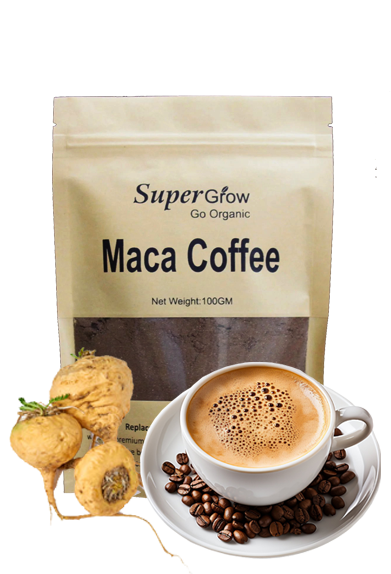
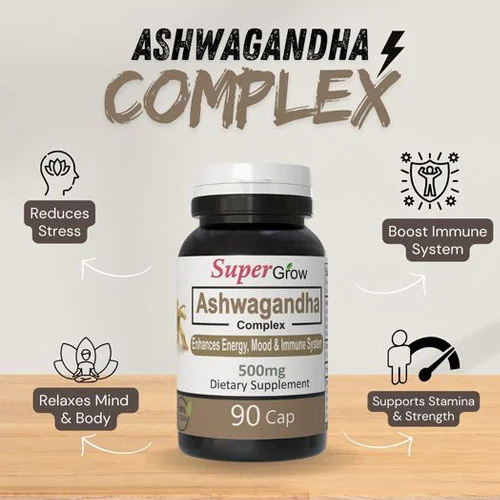


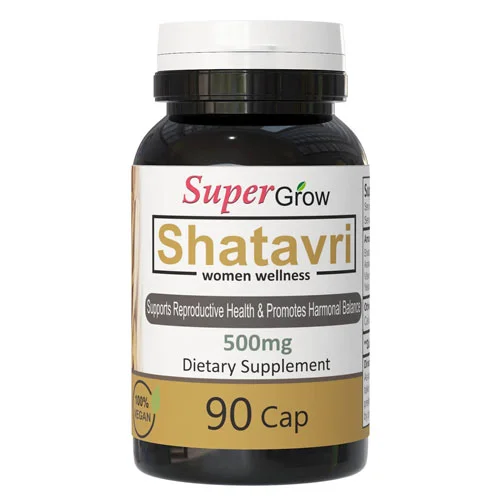
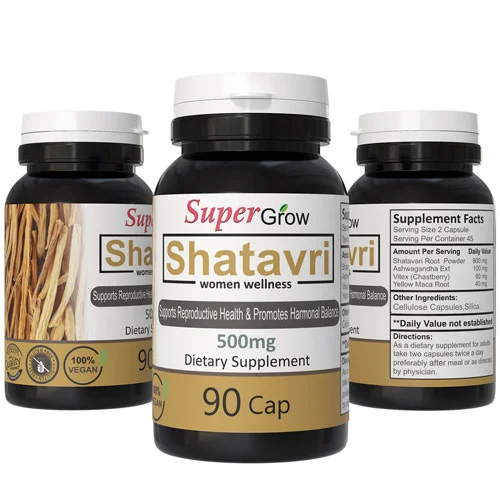
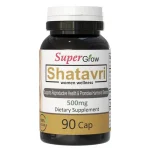
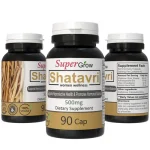
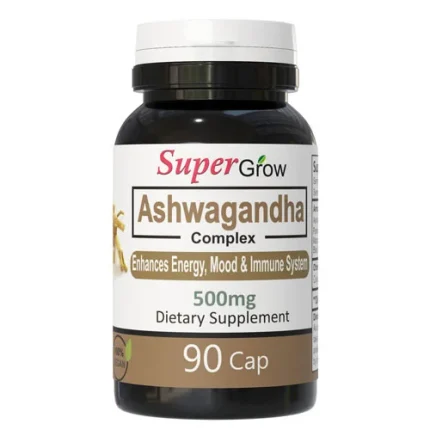
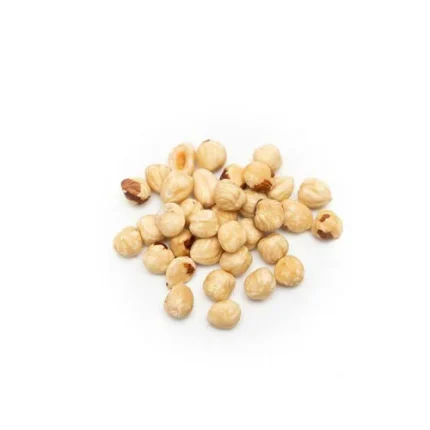
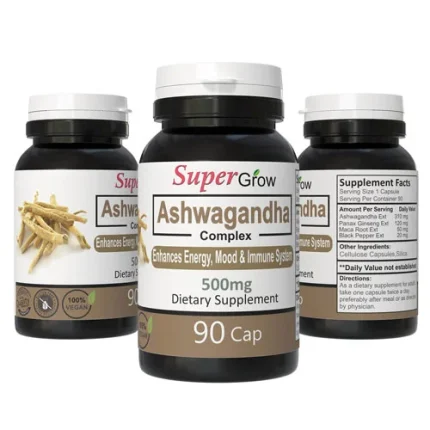
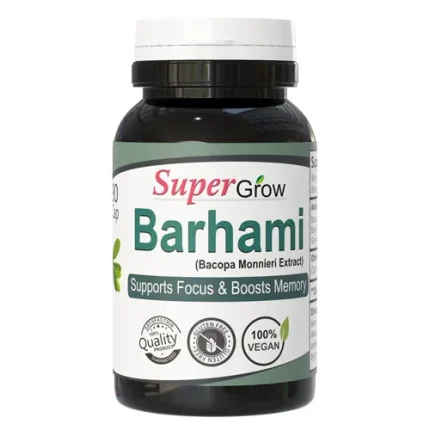
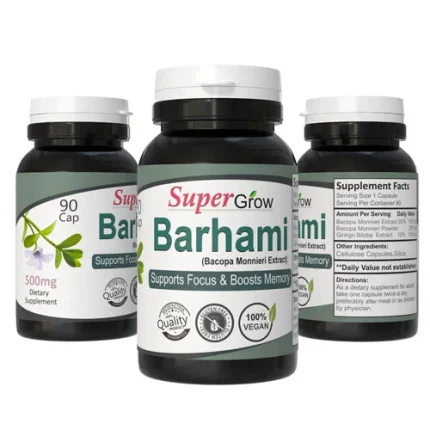
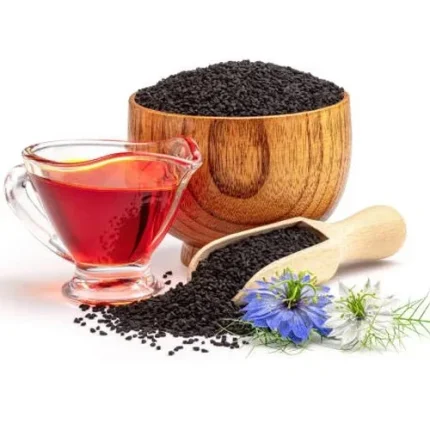
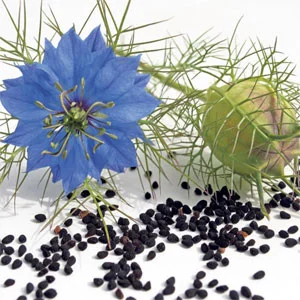
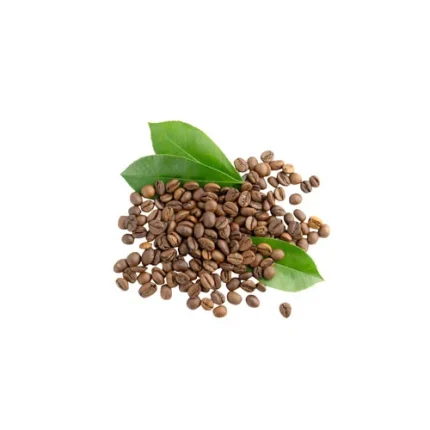
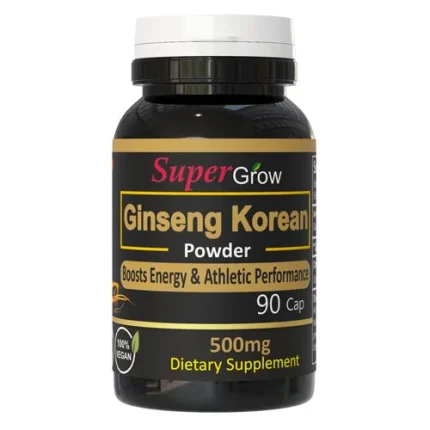
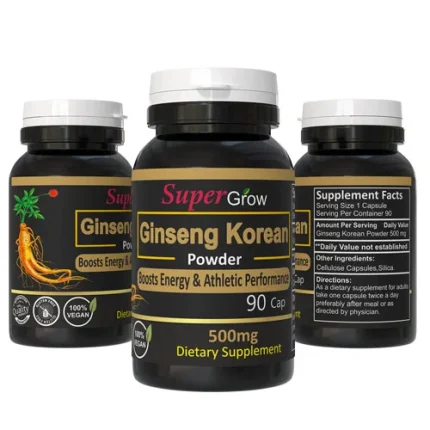
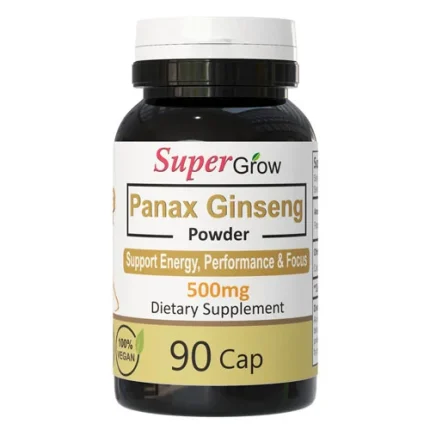
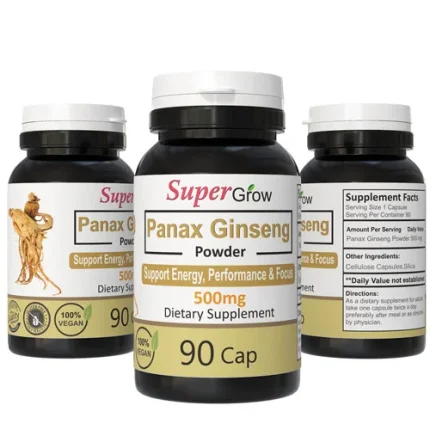
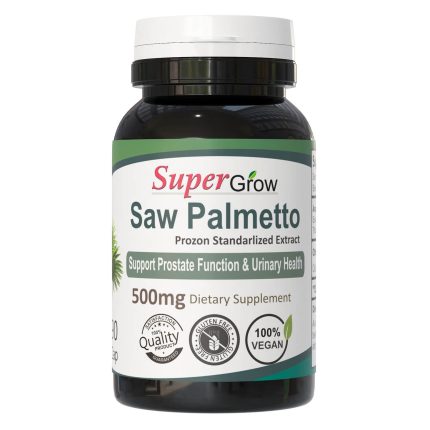
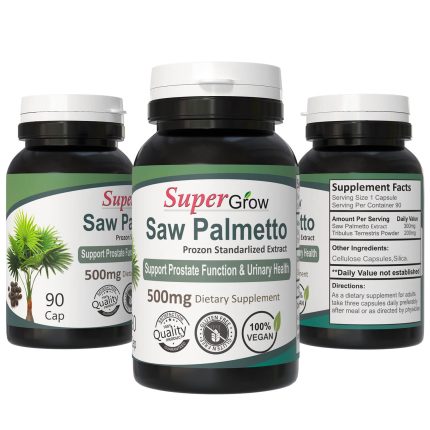
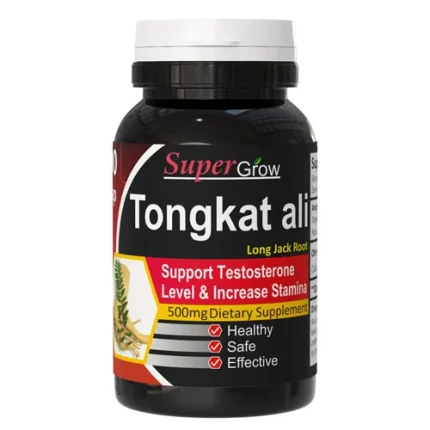
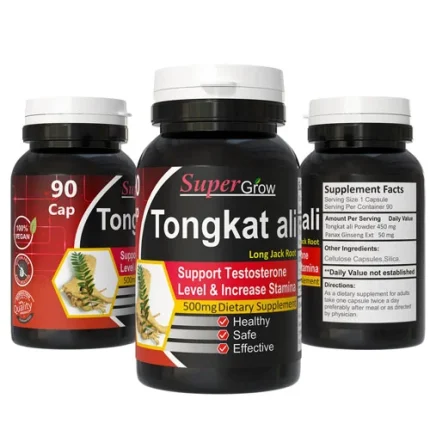

Reviews
There are no reviews yet.